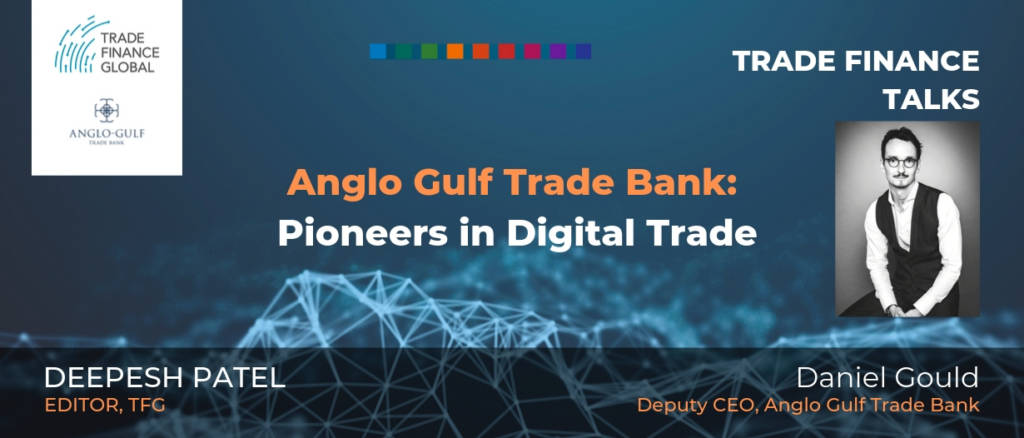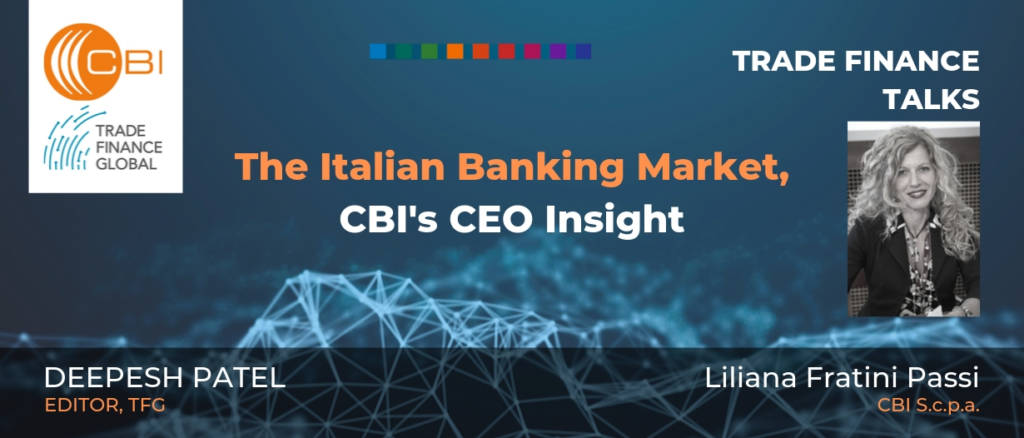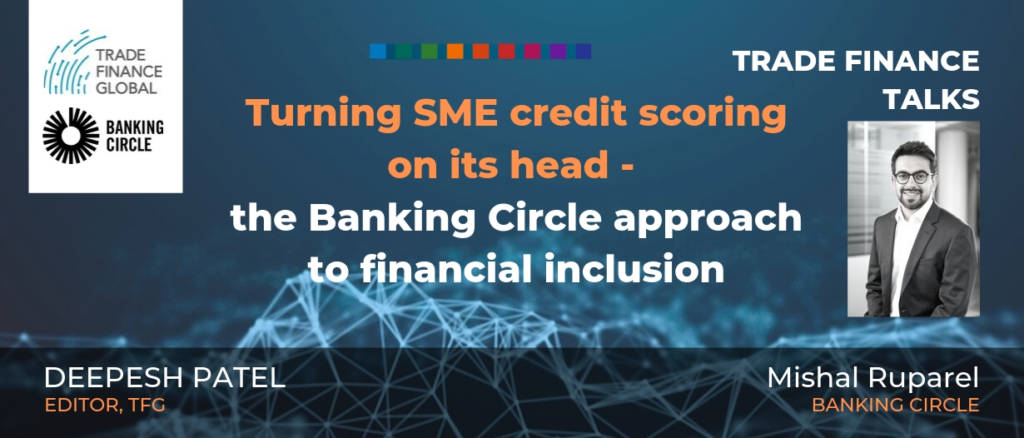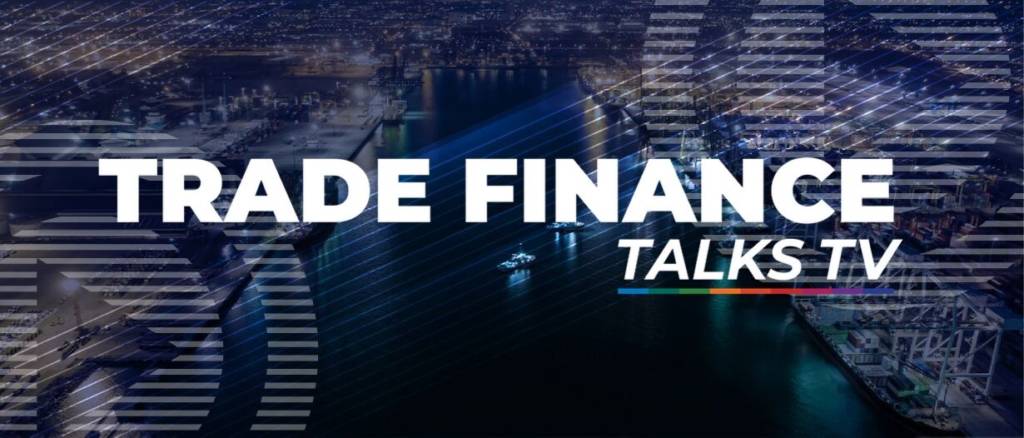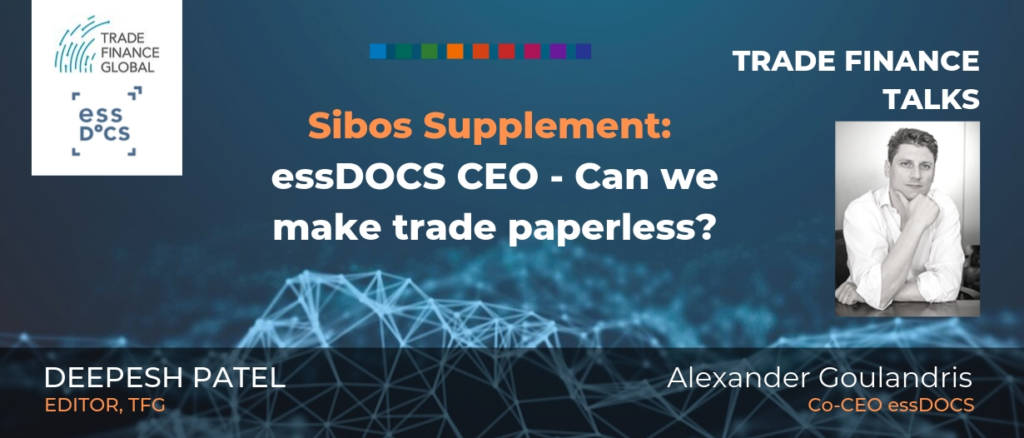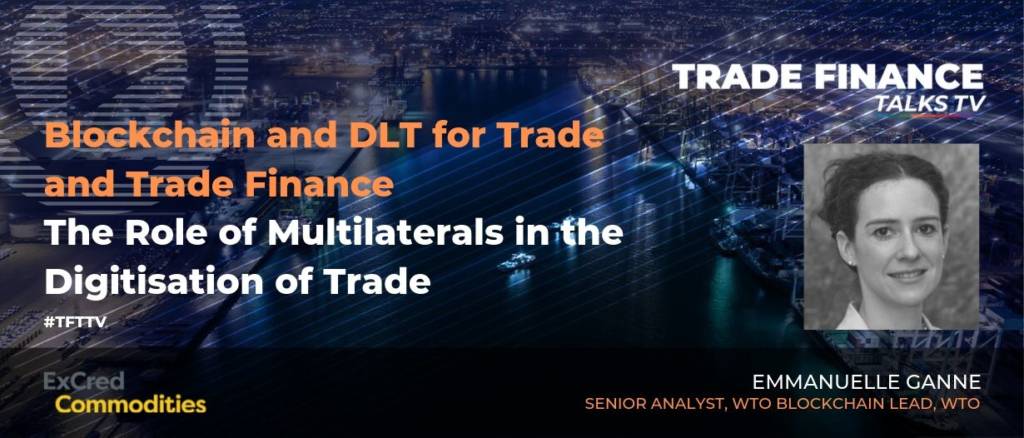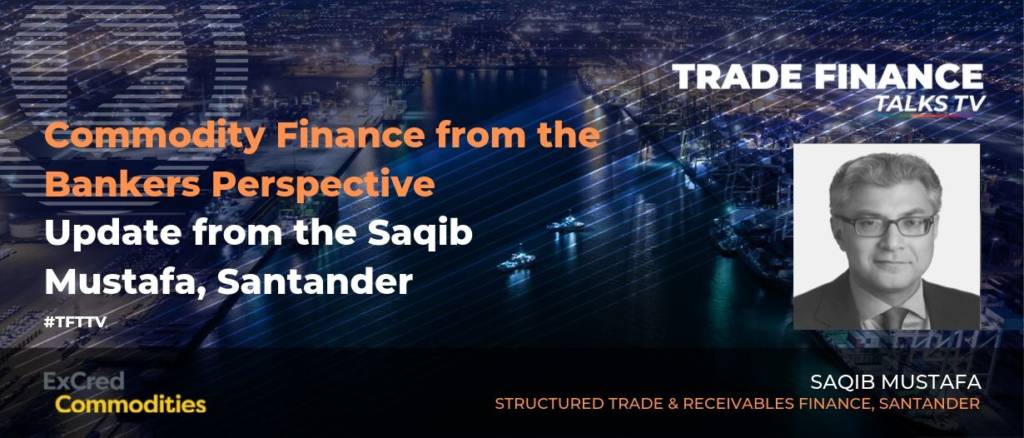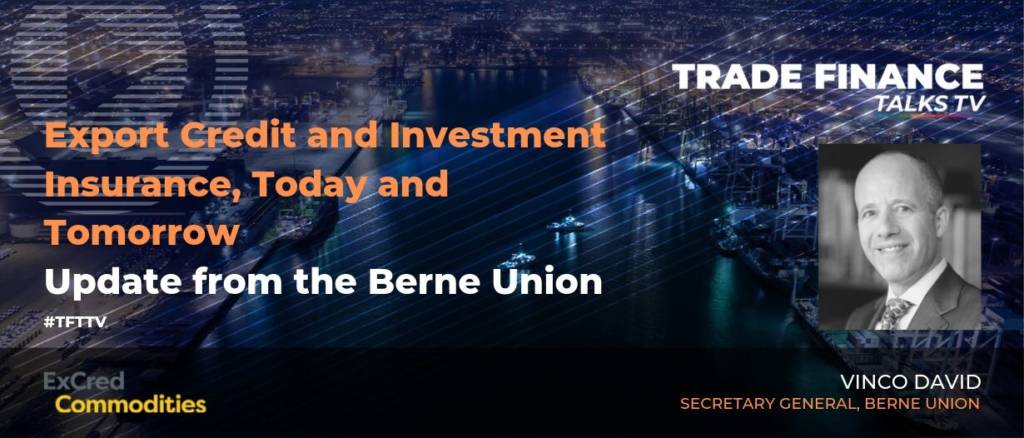AGTB: New kid on the block. TFG heard from Daniel Gould, Deputy CEO of Anglo Gulf Trade Bank, and its new digital offering for trade finance in the UAE and MENA region. Building a trade bank from scratch without relying on legacy technologies has enabled AGTB to reimagine trade finance, building a competitive product for the corporate banking space.
The Italian Banking market continues to face headwinds and pressures around new payment service directives (PSDII), challenges from the regulator, and changing customer needs. TFG caught up with the CEO of RegTech innovator CBI about their latest product CBI Globe, and how this is positioned to help Italian banks succeed and grow.
TFG spoke to Mishal Ruparel, General Manager at Banking Circle, about the new applications of technology in banking to help better serve the underbanked SMEs. Using AI-driven credit scoring and new approaches to analyse credit card transaction data, Banking Circle’s proposition is game-changing the world of SME finance.
In Europe, small and mid-sized companies make up an astonishing 99% of all businesses – and over the last five years they generated 85% of all new jobs in the region. at a time of accelerating economic uncertainty and technological change, it would be irresponsible for those of us with the power to act not to do what we can to give the drivers of Europe’s economy the tools they need to succeed.
London, 1st October 2019. Trade Finance Global (TFG) are delighted to announce the launch of Trade Finance Talks TV.
TFG heard from Alexander Goulandris the co-CEO of essDOCS about the different solutions for paperless trade. He exclusively announced the launch of a new product called CargoDocs Match, which will enable trade finance banks to continue to provide BPO-related solutions to their customers after SWIFT discontinues support for the Trade Services Utility (TSU) in 2020.
TFG spoke to Emmanuelle Ganne, Senior Analyst and Blockchain Lead at the World Trade Organization on the state of digitisation within trade and trade finance. With the rise of numerous DLT and non-DLT consortia, what role should multilateral bodies play, and how can we create paperless trade together? The interview was held at ExCred Commodities in London.
TFG heard the latest in structured trade & receivables finance from a global transaction banking perspective. We asked Saqib Mustafa from Santander’s GTB team to give us an overview on how credit insurance is being used as a risk mitigation and capital efficiency tool for producers and traders, as well as the latest commodity finance trends from the bank.
TFG heard the latest updates in trade credit insurance and political risk appetite from the Berne Union. The Berne Union represents the export credit (ECA) and investment insurance industry. Vinco David, Secretary General spoke to TFG’s Deepesh Patel at ExCred Commodities London.
In Global Financial Integrity’s 2019 update “Illicit Financial Flows to and from 148 Developing Countries 2006 – 2015” the estimate of illicit outflows of trade related payments from developing economies for 2015 alone was counted in the hundreds of billions – greater in value in fact than the aid budgets flowing into those countries.















